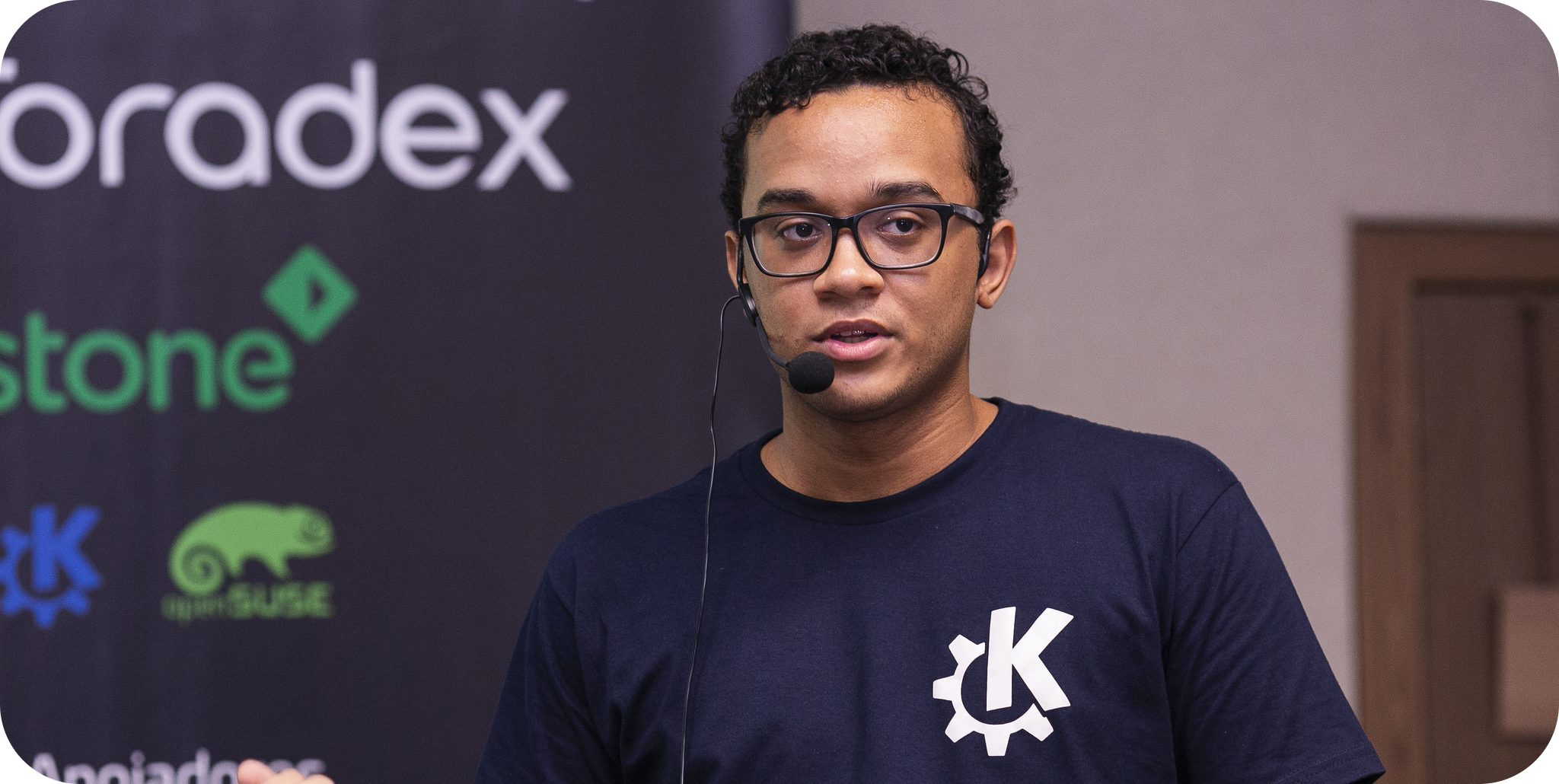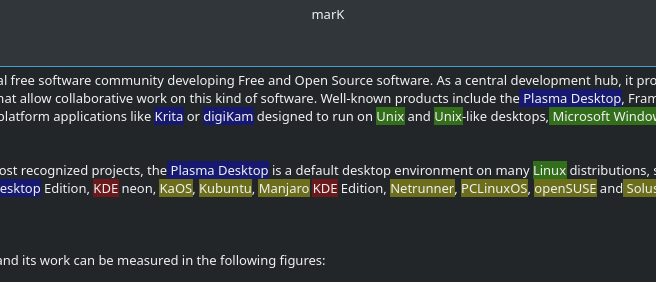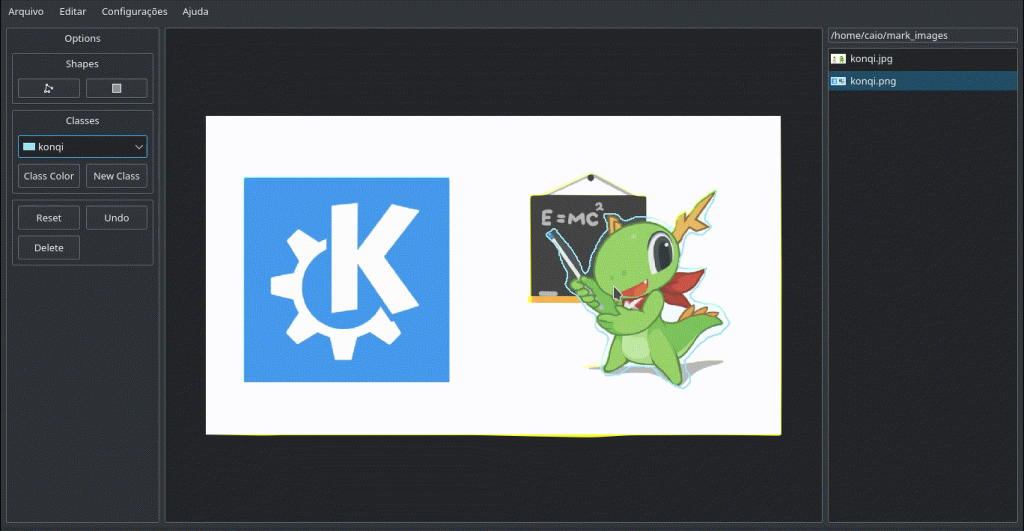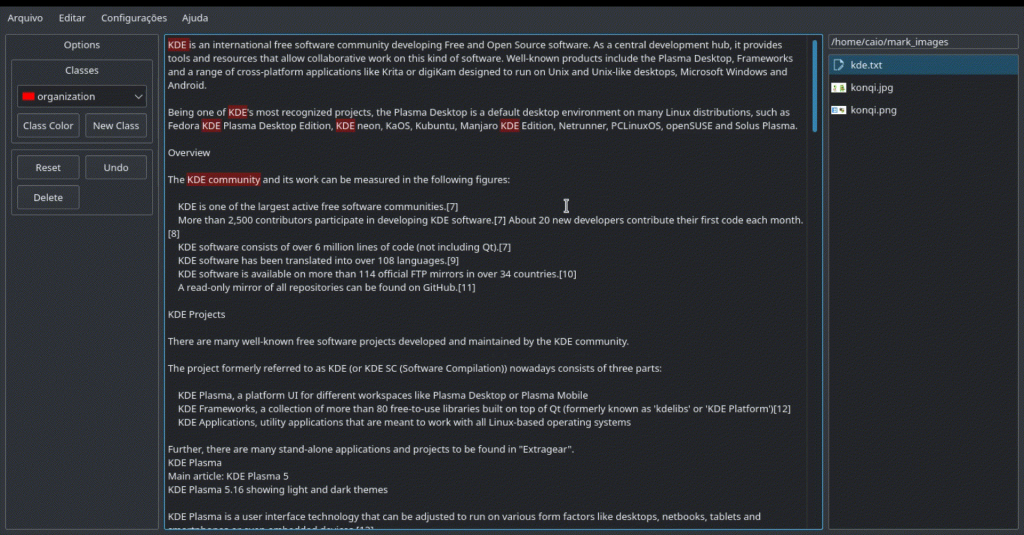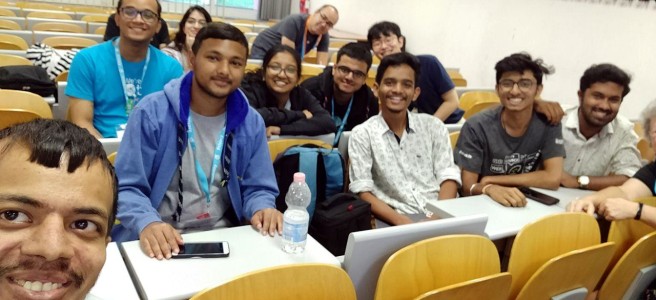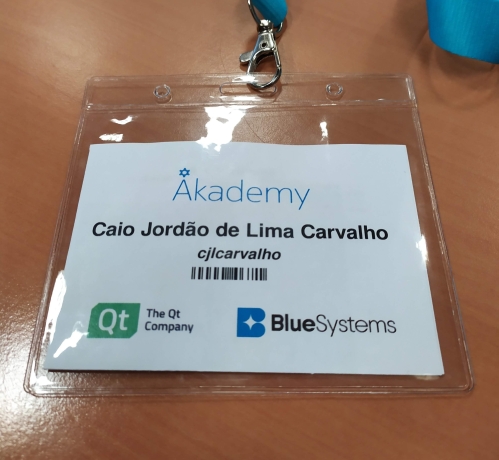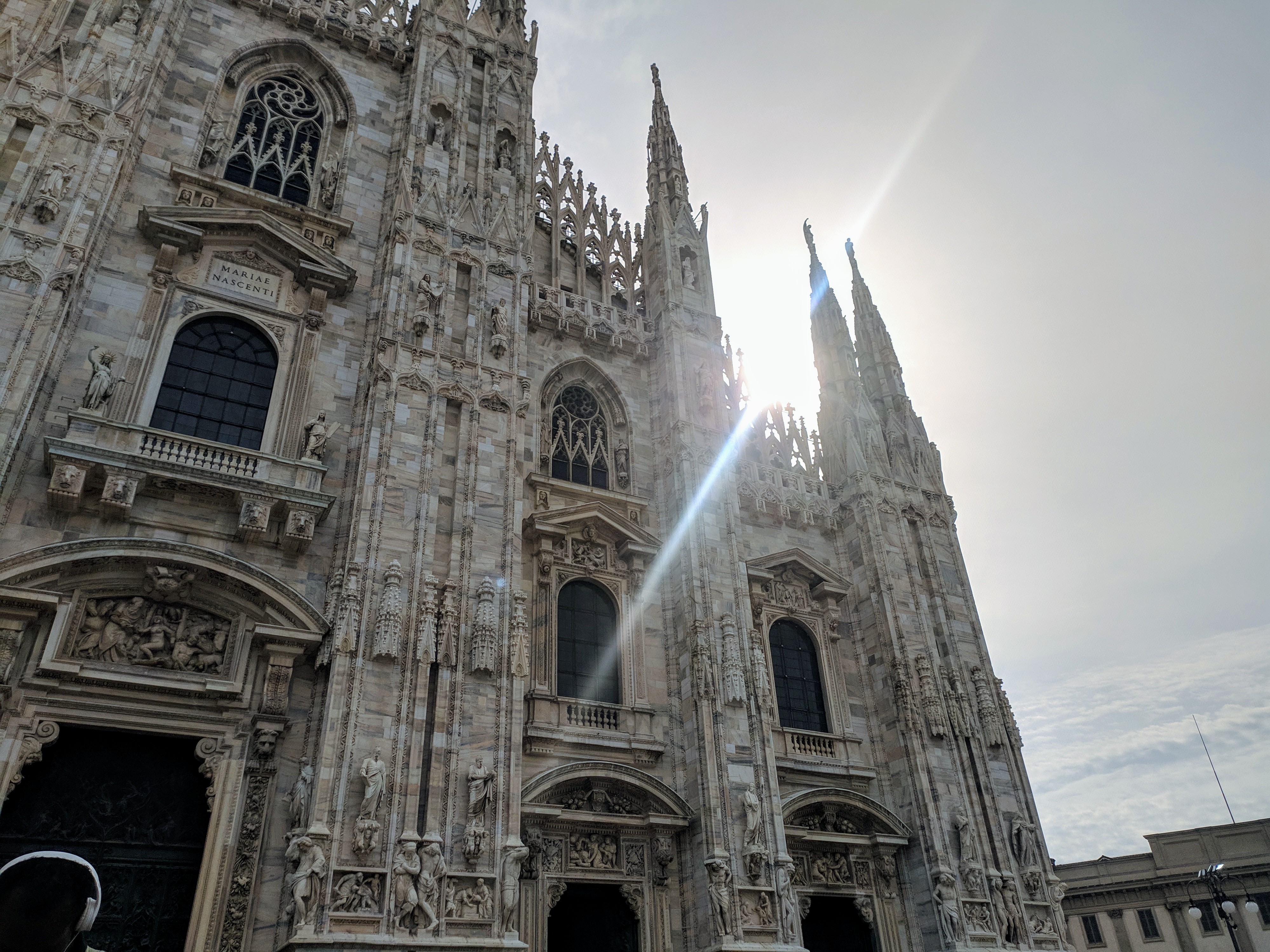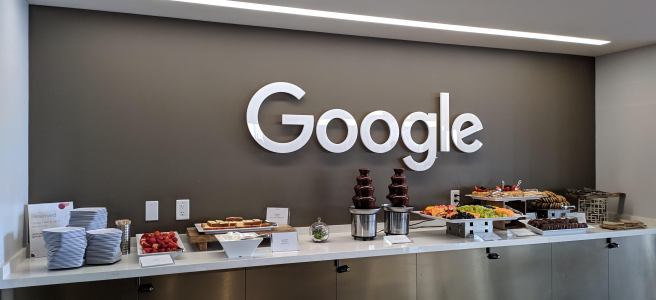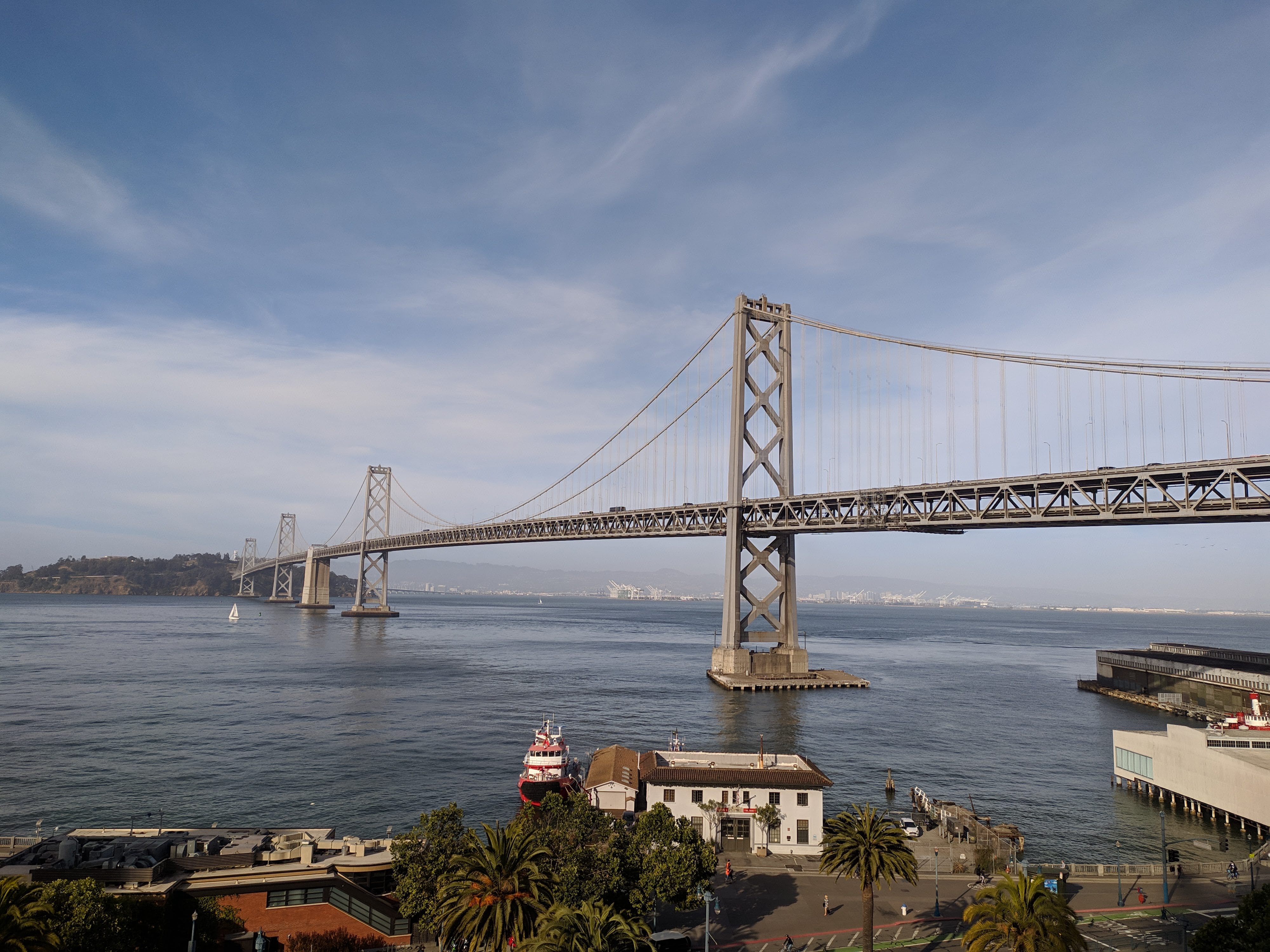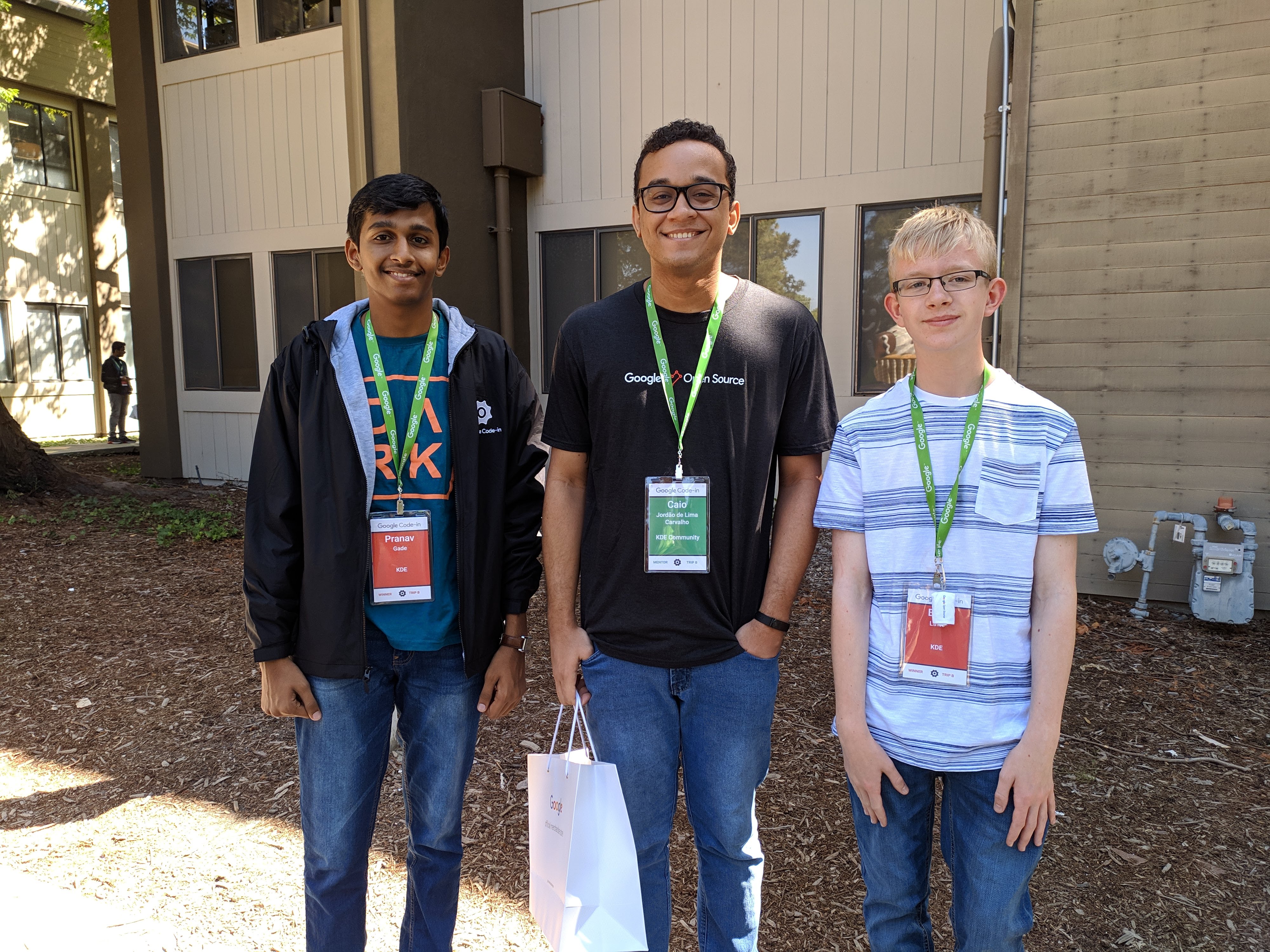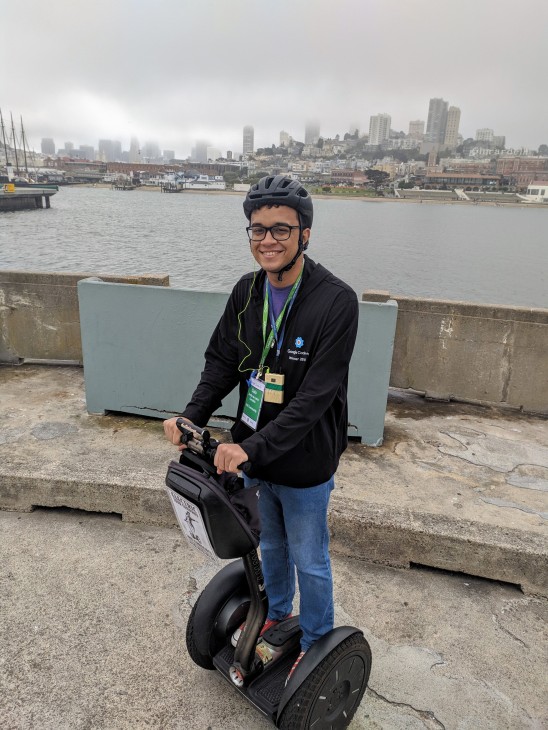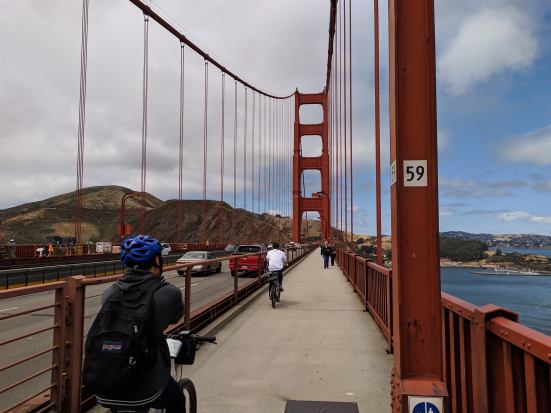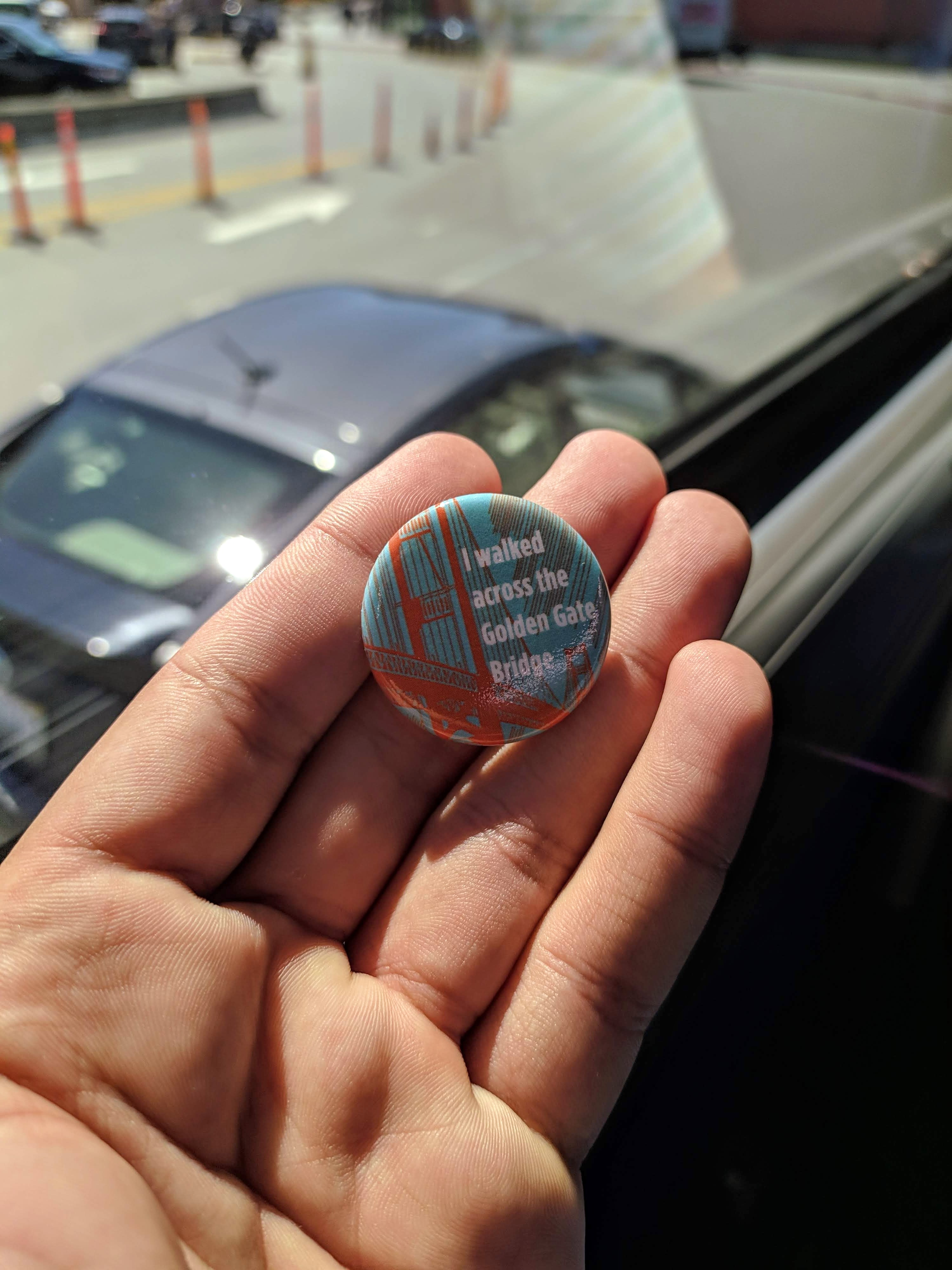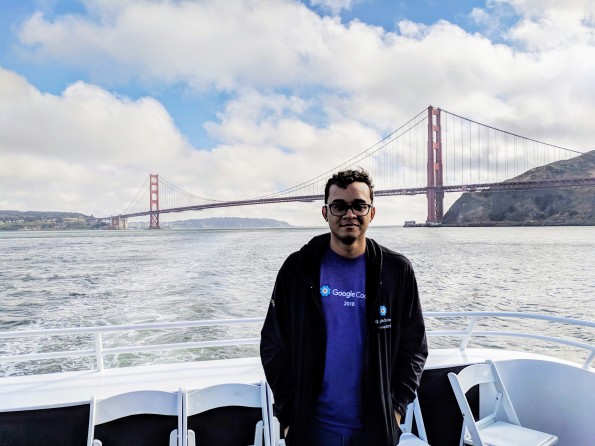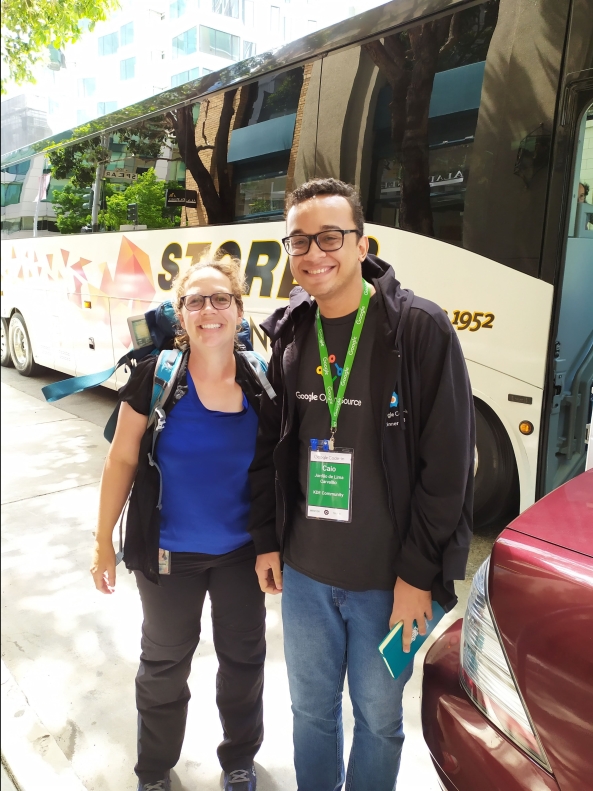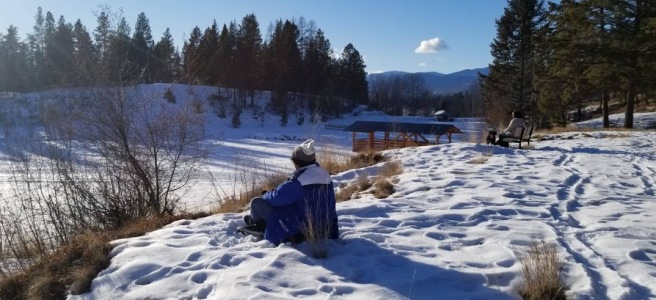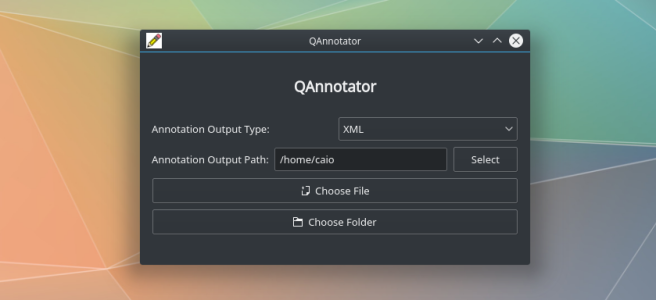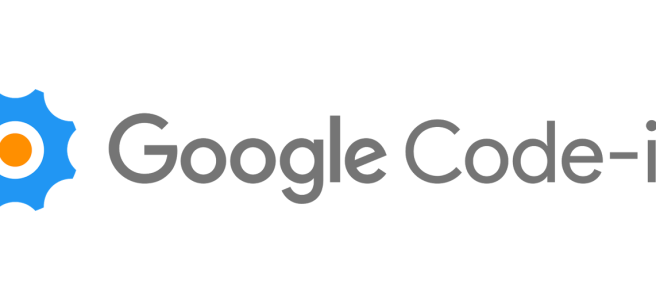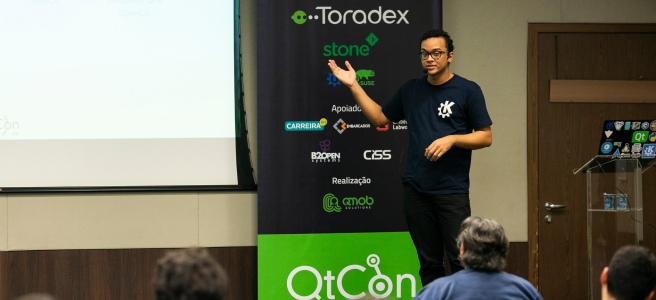Olá, espero que você esteja bem, mesmo diante desse período intenso que estamos vivendo em todo o mundo. Esse post não é um tutorial sobre alguma tecnologia ou relatório de atividade, mas sim um simples relato sobre como a depressão tem me afetado ao longo dos últimos tempos e o que estou fazendo para superá-la pouco a pouco.
Venho sofrendo de um grau de depressão desde o início do ano passado. Essa tem sido uma luta muito intensa, com vários altos e baixos. Só quem é mais próximo de mim realmente sabe de tudo o que tem ocorrido. Isso tem mudado minha vida de uma maneira muito incomum e é incrível parar para pensar em como eu estou diferente por conta disso. Essa não é a primeira vez que passo por um período de tristeza, no entanto tem sido a mais cruel para mim. Eu ainda não entendi direito de onde esse sentimento veio ou para onde está indo, mas sei que está presente em mim e que quero me livrar disso logo.
Esse sentimento tem me afastado de várias coisas, pessoas e atividades que gosto. Às vezes até parece que perdi o interesse em algumas coisas, que deixei de gostar de coisas que amava de coração. Uma das coisas pelas quais andei perdendo interesse é no desenvolvimento de software. Eu era um grande apaixonado por programação desde a minha primeira linha de código. Meus olhos sempre brilhavam quando aprendia algo sobre novas tecnologias e programação em geral. Contudo, devo admitir que esse sentimento diminuiu. Todo esse entusiasmo veio se dissipando ao longo do tempo.
Eu não me culpo por isso. É muito comum ver na internet vários casos de burnout na área de software. Pessoas que simplesmente surtaram por conta da demanda, pressão ou rotina corrida. Sei que o comum é essa tensão causada pela área de software começar a influenciar a vida de pessoas que trabalham com isso. No entanto, o meu caso é um pouco diferente. Meu amor por programação está sendo afetado por uma fase delicada da minha vida.
O mais complicado nisso tudo é que a nossa área faz com que todas as pessoas que trabalhem nela comecem a nutrir uma espécie de sentimento de competição. Um sentimento de que você não pode ficar parado em nenhum momento, que você precisa crescer, ter um emprego melhor, ser a pessoa que mais sabe de tudo, ser o melhor em tudo… Isso não é exclusivo da área de programação, eu sei, mas o que parece é que numa área como a nossa esse fator é mais perigoso, já que existem uma série de mudanças, atualizações e inovações tecnológicas que surgem a cada dia.
Sei que isso é um grande clichê, mas também sei que é um clichê necessário… Lembre-se sempre que você é uma pessoa. Você não está em uma corrida ou competição. Eu amo software e não quero fazer isso simplesmente para ganhar mais ou para me vender. Eu quero fazer isso pelo resto da minha vida porque eu *amo* isso. Eu gosto de aprender, de conhecer mais a respeito e de simplesmente digitar código e criar programas. Eu não quero pensar que isso tudo é um show de talentos onde você deve se provar o melhor em tudo. Não, isso é terrível!
Sei que essa cultura competitiva já está enraizada na nossa área e que não é um simples post de blog que vai mudar isso. Contudo, eu quero mudar o meu próprio subconsciente para que, de alguma forma, possa também auxiliar amigos que trabalham com isso. Eu estou mudando meu próprio pensamento aos poucos para tentar me curar dessa doença. Sei que vou conseguir e estou me esforçando para isso. Estou respirando mais, dando tempo ao tempo e não fazendo mil coisas ao mesmo tempo como se perseguisse algum prêmio que criei em minha mente. Estou parando para me divertir mais e não encarando essa diversão como perda de tempo. Isso tudo é necessário.
A programação surgiu para mim como um hobby, como uma tarefa que fazia porque era legal e divertido. Nunca surgiu como um sofrimento. Espero conseguir me entender mais e fazer com que todo aquele sentimento bom retorne mais uma vez.
